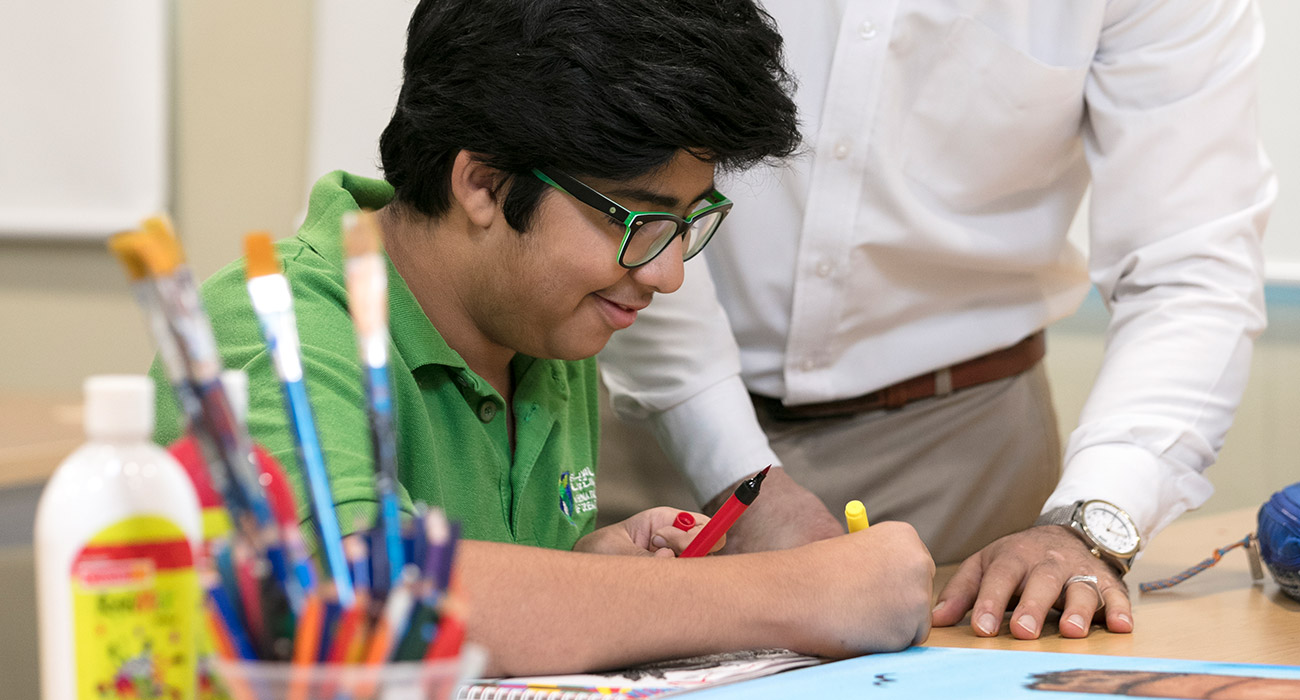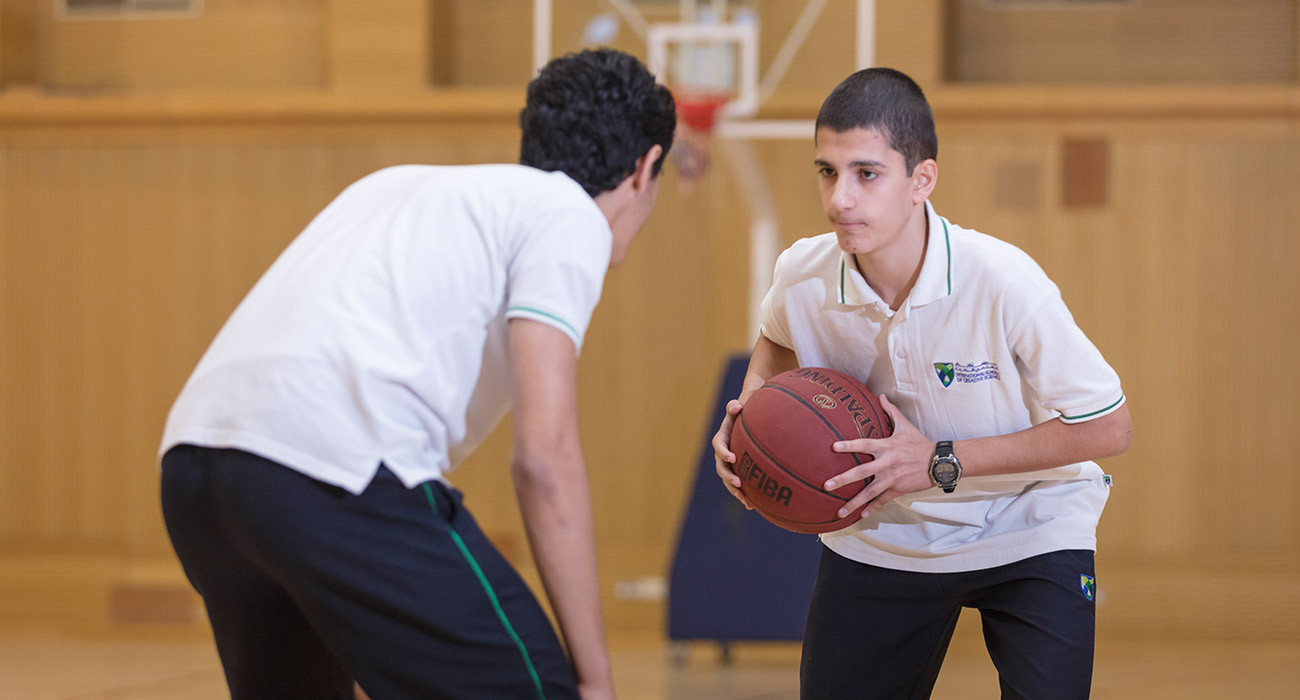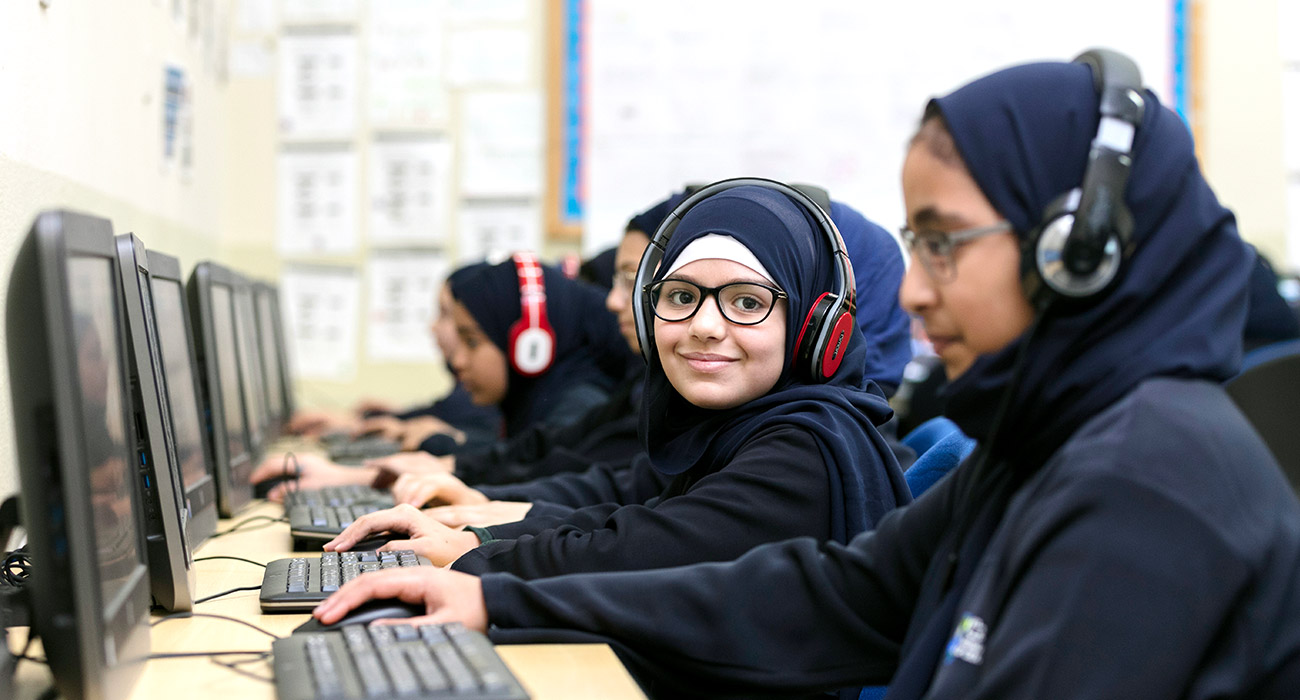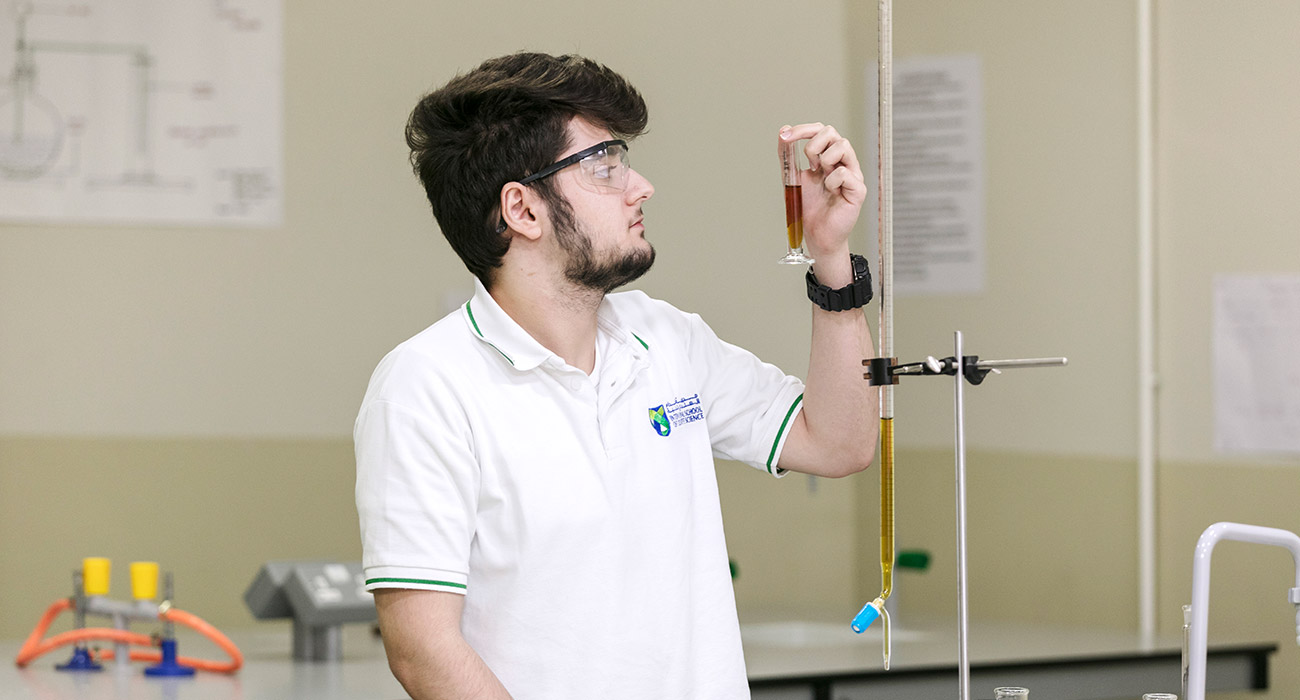
Why Sports Can Help Academic Performance

It’s true that playing sports doesn’t necessarily come naturally to everyone. There are students that would prefer to do anything other than be involved in individual or team sports, whilst others would like nothing more than being on the court or field of play. But with the right environment, a school’s sports programme can be a healthy and rewarding experience for students of all ages.
Exercise lowers stress levels:
Due to their challenging nature, school environments can cause students to become stressed and anxious. Increased levels of stress can lead to various issues, including less focus in class and behavioural problems. But when playing sports, levels of stress hormones decrease because physical activity and exercise produce neuro-chemicals that act as natural painkillers and mood enhancers. In turn, these improve the ability to have restful sleep. More restful sleep helps reduce stress, creating a cycle of stress reduction when there’s regular play and exercise.
Sports increase the brain’s ability to retain information:
When participating in sports, students are actively reducing their chances of suffering from major health challenges, including insulin resistance type 2 diabetes, and systemic inflammation, all of which have seen a shocking increase amongst school-age children. Exercise also promotes the stimulation and release of chemicals in the brain known as ‘growth factors’, which help grow new blood vessels in the brain and support new brain cells. A study out of Sweden showed that exercise, specifically running, was associated with cell growth in the hippocampus, the area of the brain responsible for learning and memory.
Participating in sports helps teach students how to cope with failure:
Students often focus on academic success, and what’s often forgotten is the importance of experiencing failure. Sports are an excellent way for students to learn how to cope with failure and how to learn from the experience. Often, losing is an opportunity to dissect and analyse, with a coach, why something went wrong and identify which variables can be changed and which are out of anyone’s control. This ability can be transferred into everyday school work and personal life, making students more resilient when faced with inevitable difficulties.
Sports are an opportunity to be social and make new friends:
Along with physical benefits, sports give students an important social platform. Often, sports bring together students with similar interests and encourage healthy competition and work ethic. They can also play a part in building a sense of community at a school, with others following the ups and downs of a team and seeing their progression. A community atmosphere can help children feel comfortable, and in a comfortable environment, children often do better, maximising their full potential.
With the right sport, environment, and team spirit, often instiled by the school and members of staff, sports can help make students become healthier, both physically and mentally, which is a ‘win’ for everyone.









